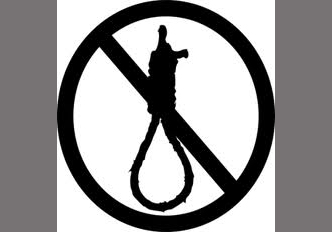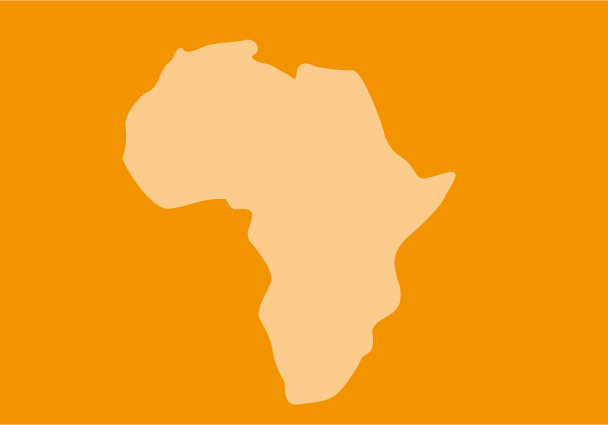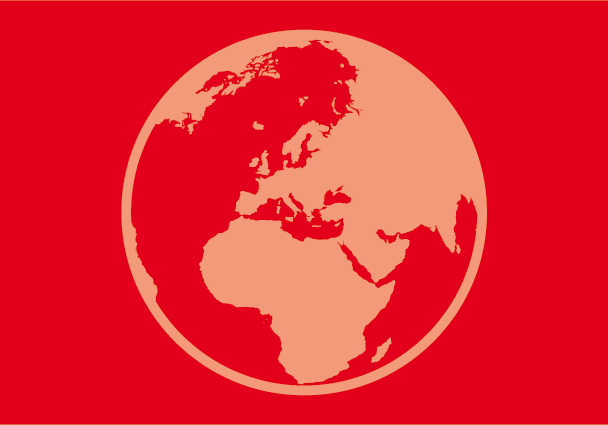
The death penalty : condemned
Roundtable organized by the ICJ with the support of the European Union and the Council of Europe, Geneva, 12 April 1999

Roundtable organized by the ICJ with the support of the European Union and the Council of Europe, Geneva, 12 April 1999

We commend to our readers the materials of the ICJ European Conference “New Europe – Making Rights Real” which took place from 30 September to 3 October 1999 in Warsaw.
The Conference is a regular event organised by the Standing Committee of the European Sections of the ICJ.
Contained in this volume are official speeches made at the opening session, an inaugural presentation, materials from different working groups including introductory presentations, as well as all sorts of information necessary to provide a clear picture of the Conference’s proceedings.
Since the Conference had set itself a very pragmatic goal of key importance to its implementation was a publication of all documents which outline the standard of activities of the ICJ European Section for the future. First of all these are recommendations and an Action Plan.
Recommendations are in a sense a record of discussions held in different working groups. They were being compiled as the Conference was in progress. The recommendations not only allow a reader to get a glimpse of which problems were discussed, but also give an opportunity for every reader to see what in the opinion of the participants should be accomplished to guarantee that the rights are made real.
Action Plan lists practical measures which the ICJ European Section intends to undertake in the next two years.
Also published are: Agenda of the Conference; Participants of the Conference; Guests of the Conference; Standing Committee of the European Section of the ICJ; Organizing Committee; and Conference staff.
Published is also the text of resolution adopted by the Conference in reaction to serious violations of human rights in Belarus.
new europe making rights real-conference report-1999-eng (full text in English, PDF)

O seminário sobre a aplicação interna das Normas Internacionais dos Direitos Humanos nos PALOP: Maputo, Mozambique
1-4 de Outubro de 1996.
O relatório contém:
Programa
Primeira parte
Discurso de boas-vindas – Adama Dieng
Discurso de abertura – Mário F. B. Mangaze
Segunda parte – Intervenções
Terceira parte
Discurso de encerramento
Relatório final
Anexos:
PALOP-international human rights standards-thematic report-1999-pt (full text in Portuguese, PDF)

In this study, Atty. Mamta Kachwaha analyses and evaluates the quality and development of the legal system in India during the last twenty-five years, with a particular emphasis on the judiciary.
This study is a joint publication of the Interdisciplinary Research Program on Root Causes of Human Rights Violations (PIOOM), and the Centre for the Independence of Judges and Laywers (CIJL).
The independence and impartiality of judges and the independence of lawyers form central aspects of this study. The scope also includes important social issues of social justice, such as backlogs and court delay; access to justice and the courts; human rights and the role of the judiciary in giving redress to victims.
India-judiciary independence CIJL-report-1998-eng (full text in English, PDF)

In tackling gross violations of human rights in the international system, most attention used to be paid to violations as facts and practices. But the persons behind them – perpetrators and victims – largely remained outside the spectrum of national and international concern.
This is changing in recent years. The establishment of ad hoc international criminal tribunals for the former Yugoslavia and for Rwanda and the current proposal to set up a permanent international criminal court are clear evidence of the determination of the international community to combat impunity and to insist on the criminal responsibility of perpetrators. The International Commission of Jurists (ICJ) welcomes and actively supports this development.
right to reparation-compilation-report-1998-eng-fra-spa (full text in English, French and Spanish, PDF)